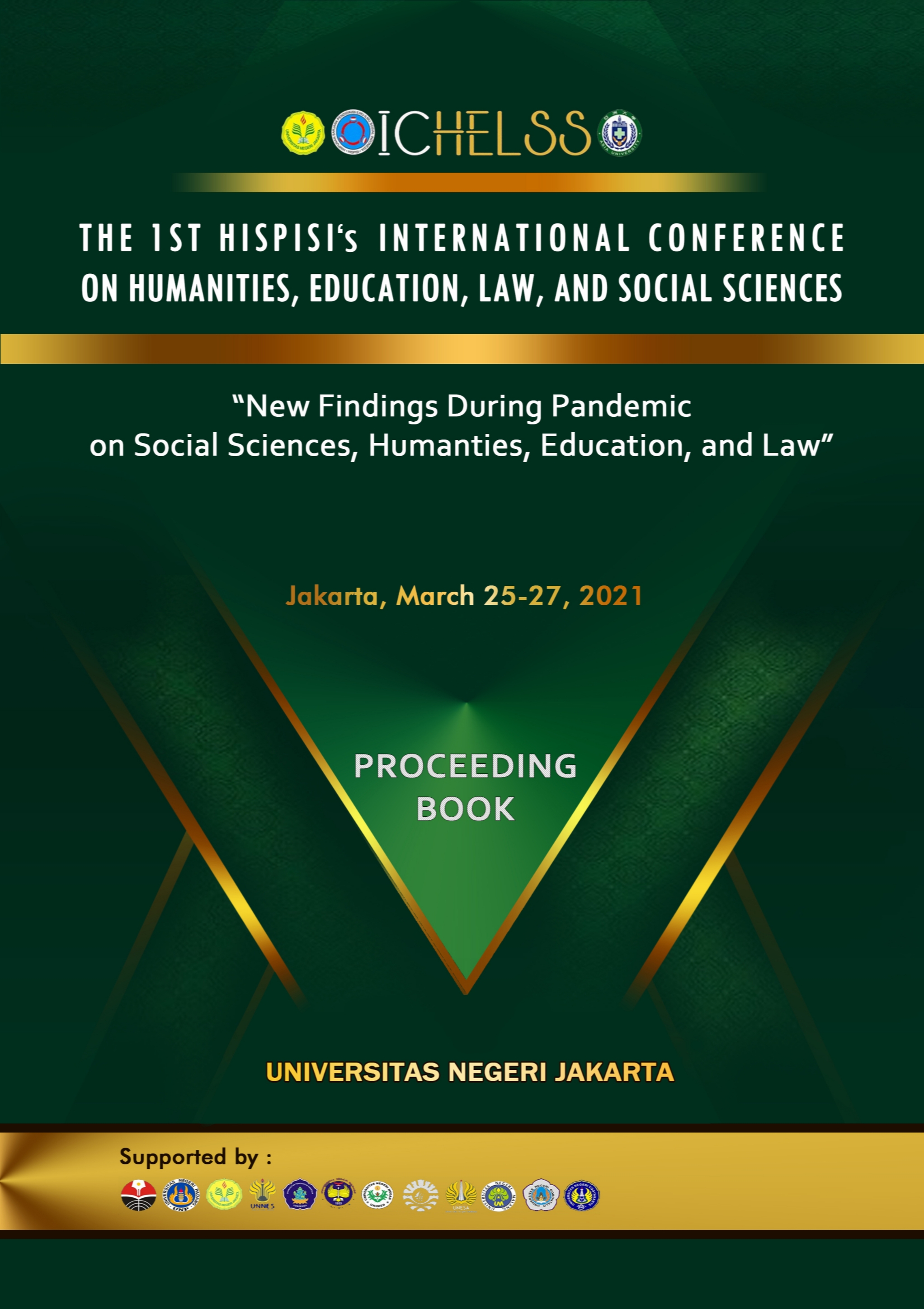Local Wisdom Education of Scout Movements in The Coronavirus Disease (Covid-19) in Pusdiklatcab Purwakarta, Indonesia
Abstract
Globalization has clearly shifted the values of indigenous Indonesian cultures. Foreign cultural values that develop rapidly in people's lives have an impact on environmental balance. Scout education by applying local wisdom at PUSDIKLATCAB Purwakarta Regency is one of the preventions of the loss of this value. The importance of maintaining and developing local cultural values in scouting education is an important part of regional and national identity and needs to be researched. The purpose of this research is to determine local wisdom education in the scouting movement during the Covid-19 pandemic. Local wisdom is local knowledge that has been so integrated with belief systems, norms and culture that have been expressed in traditions and myths that have been held for quite a long time. The research was conducted using a qualitative approach with descriptive methods. The data collection technique was done by observing, interviewing, and studying documents. Analysis and interpretation of data by examining available data, reducing, and drawing conclusions together. Local wisdom education in the scout movement at PUSDIKLATCAB Purwakarta Regency, namely by instilling values soméah hadé ka sémah, tepak dekuh, hadé gogog hadé tagog, ulah nyarandé baru salsé, sitting woman émok cabok and laki-laki sila, walking etiquette, giving information with open arms, sitting etiquette, speaking in praise. Local wisdom education in the scouting movement during the Covid-19 pandemic still used progressive interactive but was implemented virtually.
Keywords: Local wisdom education, Scouts, Covid-19


